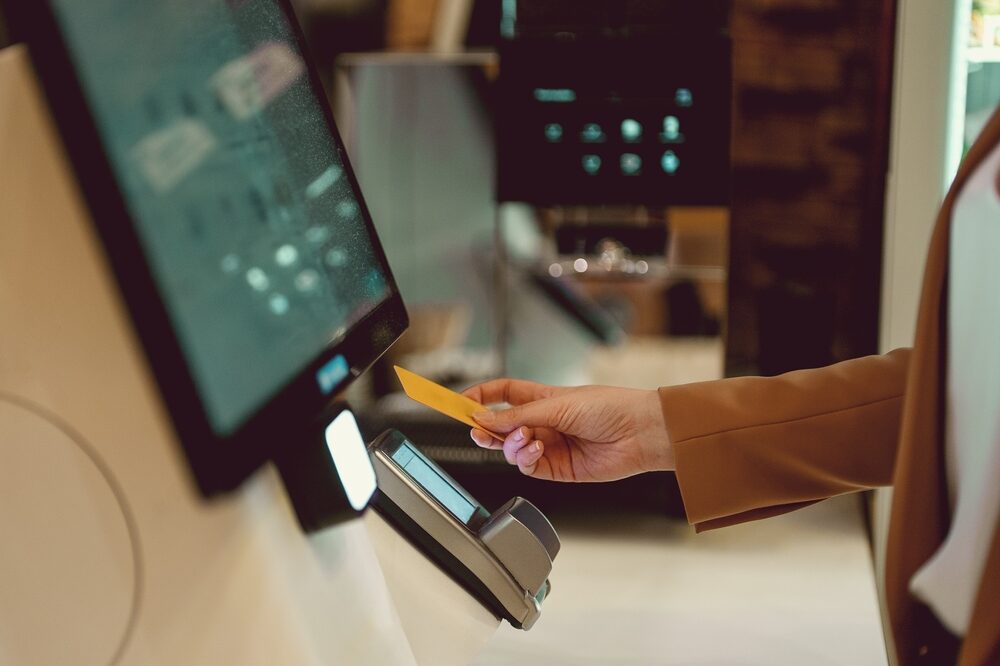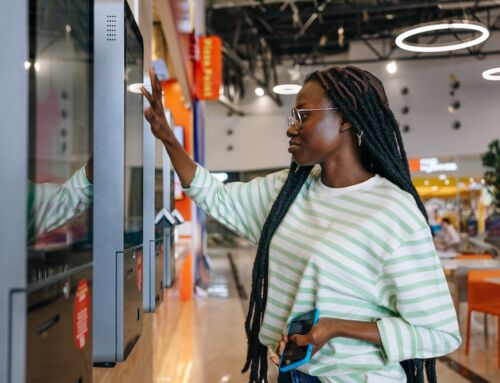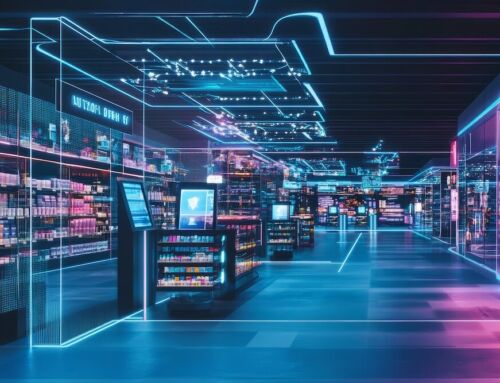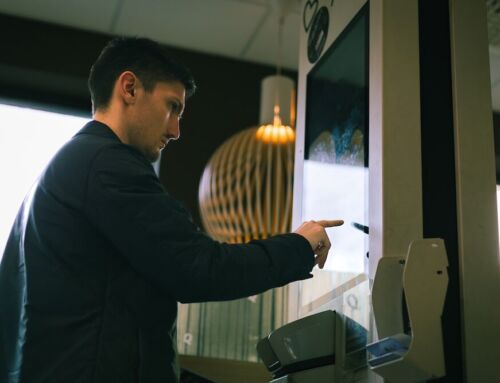It was Alan Turing, code-breaking war hero, computer science pioneer and all-around mathematical genius, who gave one of the earliest versions of the much-recycled “the machines are taking over” quote.
It was during a pretty obscure lecture given in 1951 that Turing suggested that humanity would “at some stage… have to expect the machines to take control” should they ever crack what he referred to as “the thinking method.”
Seven decades on, the implications of machine intelligence, fearful or otherwise, seem more relevant than ever. It’s central to the psychodrama being played out between billionaire tech bros suing one another over whether they’re taking the ‘risks to humanity’ of AI development seriously enough.
Slightly more down to Earth, there are serious questions about the impact AI could have on jobs, and therefore the entire foundations of a labour-based economy. If ‘smart’ automation is developing to do certain tasks faster, more efficiently and more accurately than people can do them, then it’s very reasonable to ask what happens to the people who currently get paid to do those tasks?
This is a debate that is very relevant to the world of self-service kiosks. It’s no secret that one of the benefits that has seen kiosks become so well-established in the QSR sector is their ability to reduce labour costs for large chains. But if more efficient ordering means businesses can get away with rostering fewer staff, is that not a slippery slope towards everyone bar chefs and cleaners being automated out of the way?
Giving people what they want
The recent global IT outage at McDonalds which saw its ordering kiosks out of action gives us one reason why businesses won’t be rushing to completely replace staff with machines any time soon. People get sick, but they’re not prone to the kind of mass glitches that can affect IT from time to time. Having people around to hold the fort while the engineers do their thing is handy.
But that’s far from the only reason why self-service tech is much more likely, in our view, to evolve to support and augment human labour than replace it.
The first lesson you learn in business is to give people what they want. And people don’t see tech versus human interactions as an either-or thing. Sure, there are plenty of stats that tell us that the public love self-service options for X, Y and Z reasons. But you can just as easily find stats that tell the other side of the story. Like the one from the PwC studythat found 82% of consumers from the US, and 74% from the rest of the world, yearn for more human interactions the more technology progresses.
The real truth here is that if you gave people a straight choice between self-service and dealing with a human, the majority would refuse to pick. They want both. It’s all about choices, as well as having the right option in the right situation. Horses for courses, if you like.
The PwC study referenced above is all about customer experience, and how to create the best one possible. There’s no single solution, of course. The best experiences are achieved by offering options that are suitable in lots of different situations. Kiosks are a fantastic CX addition for shops, restaurants, hotels, leisure venues, transport hubs and lots, lots more. They speed up the completion of simple tasks, they give users greater autonomy. But they can’t do everything.
As a kiosk manufacturer, we fully appreciate that there are as many things kiosks will never be as good as humans at doing as there are the other way round. What we aim for is synergy – kiosks that are efficient and reliable at doing what they do best, user-friendly enough to represent an attractive option to the average person, and therefore able to free up human colleagues to focus on the things they do best.




